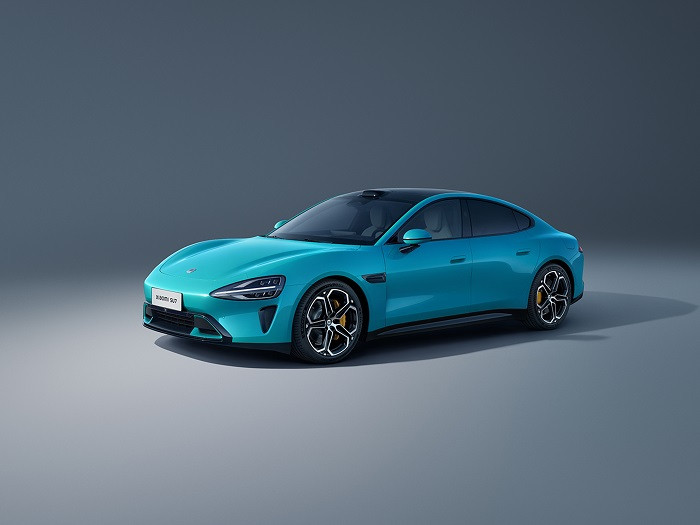More than half of all new cars sold in China last month were either electric vehicles (EVs) or plug-in hybrid electric vehicles (PHEVs). This represents a significant milestone for the world's largest car market, underscoring the rapid shift towards new energy vehicles (NEVs) and highlighting China's aggressive push to dominate the global EV landscape.
Data released by the China Passenger Car Association (CPCA) revealed that in July, NEVs accounted for 51% of new passenger car sales in China, marking the first time that these vehicles have outsold traditional fuel-powered cars on a monthly basis. This is a sharp increase from a 36% penetration rate in the same period last year and marks a dramatic rise from the figures seen just three years ago when NEVs constituted a mere 7% of total vehicle sales.
The surge in NEV sales comes amid a broader decline in China's overall auto market. Total passenger vehicle sales fell by 2.8% year-over-year to 1.72 million units in July, continuing a four-month trend of decreasing sales. However, sales of NEVs bucked this trend, soaring by nearly 37% year-over-year to 878,000 units, according to the CPCA.
This shift towards electric and hybrid vehicles is a direct result of substantial investments and policy support from the Chinese government. Over the past decade, Beijing has invested approximately $230.8 billion into developing its NEV industry, according to a recent report by the Center for Strategic and International Studies (CSIS). These investments have included a range of incentives such as rebates, subsidies, research and development funding, government purchases, and tax exemptions. In July, China doubled its cash incentives for NEVs to 20,000 yuan (approximately $2,785), a move that was made retroactive to April, further boosting consumer interest.
"Sentiment was also boosted by positive jobs data in the U.S. with new unemployment claims coming in well below expectations," said Panmure Liberum analyst Ashley Kelty. "With a larger expected draw in U.S. stockpiles this week, hopes are that the U.S. continues to grow and fears of a recession may look overblown."
The strategic push by China has not only fueled domestic sales but also positioned Chinese automakers to outpace foreign competition. Companies like BYD and Li Auto have reported strong sales figures, with BYD delivering 340,799 NEVs in July-a 31% increase compared to the same period in 2023. Tesla's China division also saw a significant boost, selling 74,117 vehicles, a 15% year-over-year increase. However, not all automakers fared as well; Zeekr's parent company Geely reported a 9% sales decline, while Xpeng managed only a 1% increase in deliveries.
This surge in NEV sales is not without its challenges. The intense competition in China's NEV market has triggered a price war, which, combined with the broader economic slowdown, has put pressure on automakers to maintain profitability while scaling production. Additionally, vehicle exports from China grew by 20% last month as manufacturers braced for incoming tariffs from the European Union and other regions like the U.S. and Canada, which could potentially impact their global expansion plans.
Despite these challenges, the momentum behind NEVs in China shows no signs of slowing. The country's aggressive policies, coupled with consumer demand and technological advancements, have set the stage for continued growth in the sector. While the U.S. and other markets are gradually increasing their adoption of electric vehicles, with penetration rates still lagging behind China, the gap illustrates the scale of China's ambition to lead the global shift towards a more sustainable automotive future.





